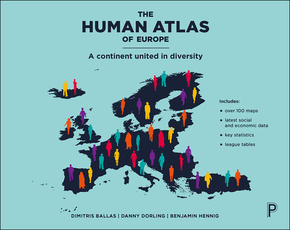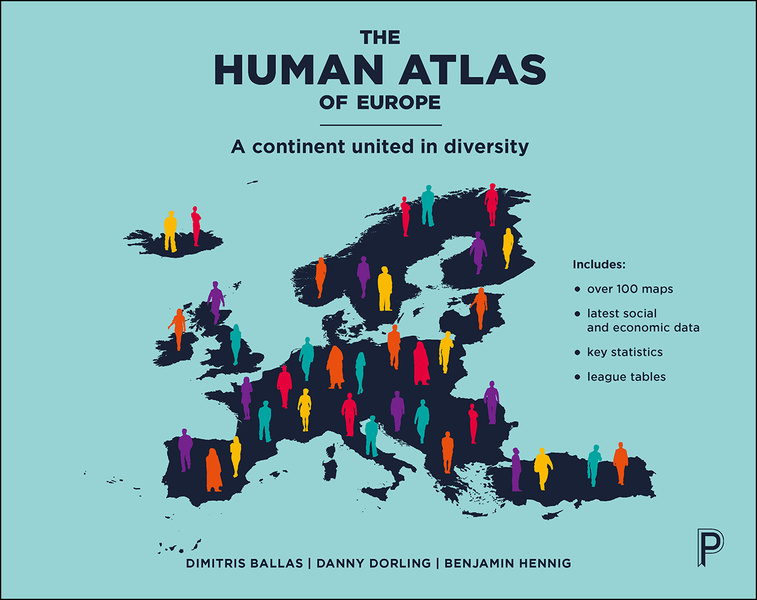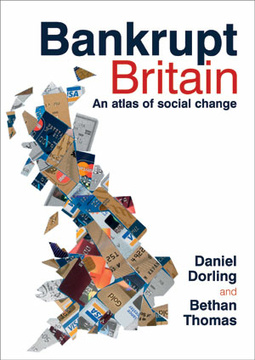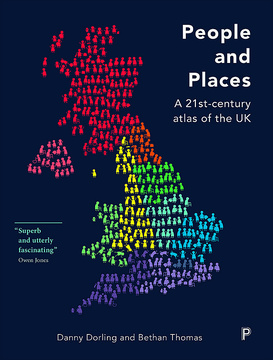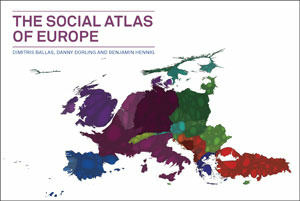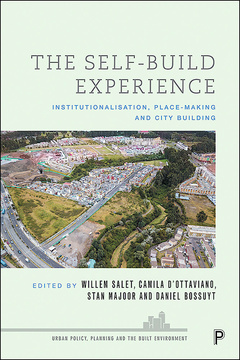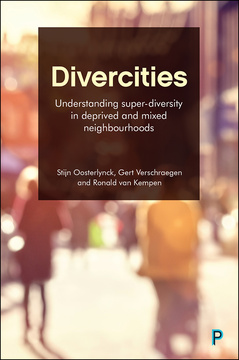The Human Atlas of Europe
A Continent United in Diversity
By Dimitris Ballas, Danny Dorling and Benjamin Hennig
Published
Apr 24, 2017Page count
188 pagesISBN
978-1447313540Dimensions
290 x 230 mmImprint
Policy PressWhat does Brexit actually mean for the UK and what are the wider implications for Europe? Was the UK ‘leave’ vote actually symptomatic of broader issues within Europe such as population mobility and the rise of non-traditional parties?
Written by leading international authors, this timely atlas explores Europe’s society, culture, economy, politics and environment using state of the art mapping techniques
With maps covering over 80 topics ranging from life expectancy, greenhouse gas emissions, GDP to Eurovision voting, The Human Atlas of Europe addresses fundamental questions around social cohesion and sustainable growth as Europe negotiates the UK’s exit while continuing through the economic crisis.
This concise, accessible atlas is packed with exciting features, including:
•short introductions to each topic
•maps using the very latest data
•infographics bringing this all to life
•summaries of key information including league tables
•core statistics on Europe
Taken as a whole, the atlas shows how geographical and state boundaries only tell a partial story and that we still live in a far more cohesive Europe than we realise.
Dimitris Ballas is Associate Professor in the Department of Geography at the University of the Aegean. He has published widely in the fields of Social and Economic Geography, Regional Science and Geoinformatics in the Social Sciences.
Danny Dorling is a Professor of Geography at the University of Oxford. His recent books include The 32 Stops: Lives on London’s Central Line and (with Bethan Thomas) People and places: A 21st century atlas of the UK.
Benjamin Hennig is Associate Professor of Geography at the University of Iceland and author of the website www.viewsoftheworld.net
A. Introduction
B. Population
C. Wealth and Poverty
D. Health
E. Education
F. Work
G. Environment
H. Politics
I. Identity and Culture
J. EU Budget
K. Conclusion







